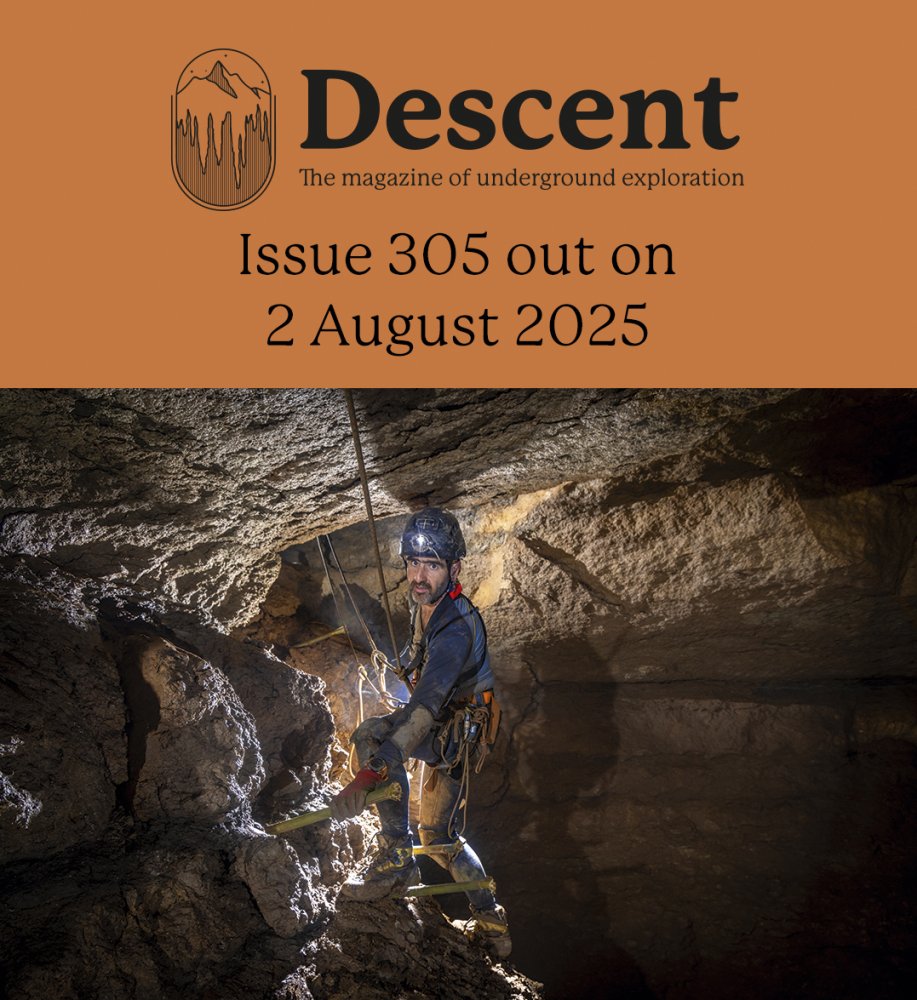MikeK
Active member
I'm looking for views on the prevention of flooding by re establishing natural sinks.
For example, on the Mendips we are clearing out a Triassic age sink hole called Longwood Valley Sink....The sink potentially can take the whole overflow for the valley when In flood, and when the higher up sinks get overwhelmed. It has been supported partially by the highways agencies as the flood water will normally run to the end of the valley and into the Cheddar Gorge, thus undermining the roads and taking out a lot of surface features. We hope one day we can clear out the natural sink and provide flood relief for the Gorge.
I believe from research that the main cause of natural sinks being filled and blocked is from landscaping and working of the land (tractors, horses and vehicles all tramping on ground compress the land down) high on the plateau, and of course mineralisation (which the previous could also accelerate? ) I am no expert though, so my post is open to discussion.
Also this could cause Co2 overtime to move higher up cave systems that are blocked and become closer to the surface overtime, would this concentration of Co2 have harm on the land above...For example: say you have a cave 10m long but only 5m deep with high concentrations of Co2 from say a nearby bunch of trees, would the gas from the CO2 pocket eventually have an effect on the surface?
Of course on the Mendips it is not as bad as areas such as Yorkshire...but imagine no one digging active sinks and swallets and keeping the natural drainage going....would the Mendips end up a flood plane eventually? (Slowly destroying footings for buildings and roads for the tractors )
)
I'm sure there's probably books on this sort of theory, but I always learn best in conversation.
For example, on the Mendips we are clearing out a Triassic age sink hole called Longwood Valley Sink....The sink potentially can take the whole overflow for the valley when In flood, and when the higher up sinks get overwhelmed. It has been supported partially by the highways agencies as the flood water will normally run to the end of the valley and into the Cheddar Gorge, thus undermining the roads and taking out a lot of surface features. We hope one day we can clear out the natural sink and provide flood relief for the Gorge.
I believe from research that the main cause of natural sinks being filled and blocked is from landscaping and working of the land (tractors, horses and vehicles all tramping on ground compress the land down) high on the plateau, and of course mineralisation (which the previous could also accelerate? ) I am no expert though, so my post is open to discussion.
Also this could cause Co2 overtime to move higher up cave systems that are blocked and become closer to the surface overtime, would this concentration of Co2 have harm on the land above...For example: say you have a cave 10m long but only 5m deep with high concentrations of Co2 from say a nearby bunch of trees, would the gas from the CO2 pocket eventually have an effect on the surface?
Of course on the Mendips it is not as bad as areas such as Yorkshire...but imagine no one digging active sinks and swallets and keeping the natural drainage going....would the Mendips end up a flood plane eventually? (Slowly destroying footings for buildings and roads for the tractors
I'm sure there's probably books on this sort of theory, but I always learn best in conversation.



